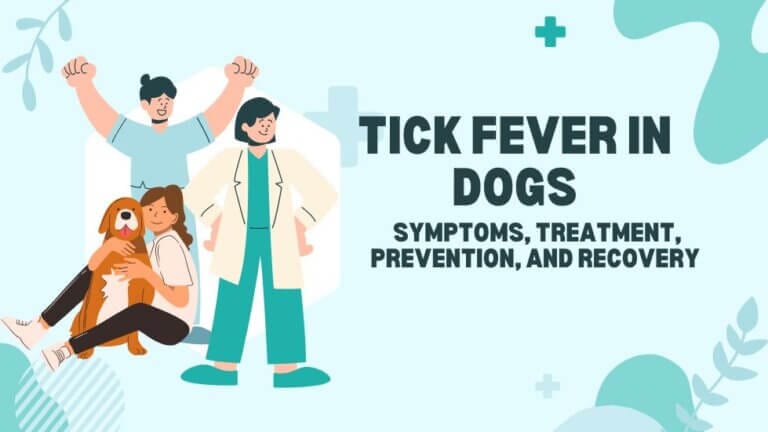Tick Fever in Dogs: A Comprehensive Guide to Protect Your Canine Companion
Tick fever in dogs, caused by pathogens such as Ehrlichia, Babesia, and Anaplasma, is a serious health concern, particularly in tick-prone areas like India during the warm or monsoon seasons. Transmitted through tick bites, it leads to symptoms such as fever, lethargy, loss of appetite, joint pain, bleeding disorders, and jaundice. Without prompt treatment, it can cause severe complications like anaemia, organ damage, or even death.
Diagnosis at Petyaari Pet Clinic involves physical exams, blood tests (CBC, LFTs, KFTs), and advanced PCR tests to identify specific pathogens. Treatment includes antibiotics (e.g., doxycycline), antiprotozoal medications, IV fluids, blood transfusions, and hospitalisation for severe cases. Recovery typically takes 2–6 weeks, with early intervention improving outcomes.
Prevention is key:
Use vet-recommended tick preventatives (topical treatments, oral medications, or collars).
Conduct regular tick checks, especially after outdoor activities, focusing on ears, paws, and groin.
Maintain a tick-free environment by trimming grass and avoiding high-risk areas.
Tick fever is not contagious between dogs or to humans; only ticks transmit it.
Home remedies are insufficient; veterinary care is essential.
PCR tests for accurate diagnosis are available at Petyaari Pet Clinic.
With proper treatment, tick fever is 100% curable.
Vigilance, prevention, and timely veterinary care from Petyaari Pet Clinic are crucial to safeguarding dogs from tick fever. Schedule an appointment for tailored prevention or treatment plans to ensure your pet’s health.
